Iron Curtain still separates Russia and the EU - by Pepe Escobar
'When the European Union speaks as a superior, Russia wants to know: Can we do any business with the EU?' (AsiaTimes, October 21, 2020, Unpaywalled)

Sergey Lavrov, not merely Russia’s foreign minister, is the world’s foremost diplomat. The son of an Armenian father and a Russian mother, he’s simply on another level altogether. Here, once again, we may be able to see why.
Let’s start with the annual meeting of the Valdai Club, Russia’s premier think tank. Here’s the must-watch presentation of the Valdai annual report on “The Utopia of a Diverse World,” featuring, among others, Lavrov, John Mearsheimer of the University of Chicago, Dominic Lieven of the University of Cambridge and Yuri Slezkine of UCLA/Berkeley.
It’s a rarity nowadays to be able to share peak-level serious political debate. We have, for instance, Lieven – who, half in jest, defines the Valdai report as “Tolstoyian, a little anarchical” – focusing on the current top two, great interlocking challenges: climate change and the fact that “350 years of Western and 250 years of Anglo-American predominance are coming to an end.”
As we see the “present world order fading in front of our eyes,” Lieven notes a sort of “revenge of the Third World.” But then, alas, Western prejudice sets in, as he defines China reductively as a “challenge.”
Mearsheimer neatly remembers that we have lived, successively, under a bipolar, a unipolar and now a multipolar world: With China, Russia and the United States, “Great Power Politics is back on the table.”
After the dire experience of the “century of humiliation,” he correctly assesses, “the Chinese will make sure they are really powerful.” And that will set the stage for the US to deploy a “highly aggressive containment policy,” just as it did against the USSR, a policy that “may well end up in a shooting match.”
‘Trust Arnold more than the EU’
Lavrov, in his introductory remarks, explained that in realpolitik terms, the world “cannot be run from one center alone” – and took time to stress the “meticulous, lengthy and sometimes ungrateful” work of diplomacy.
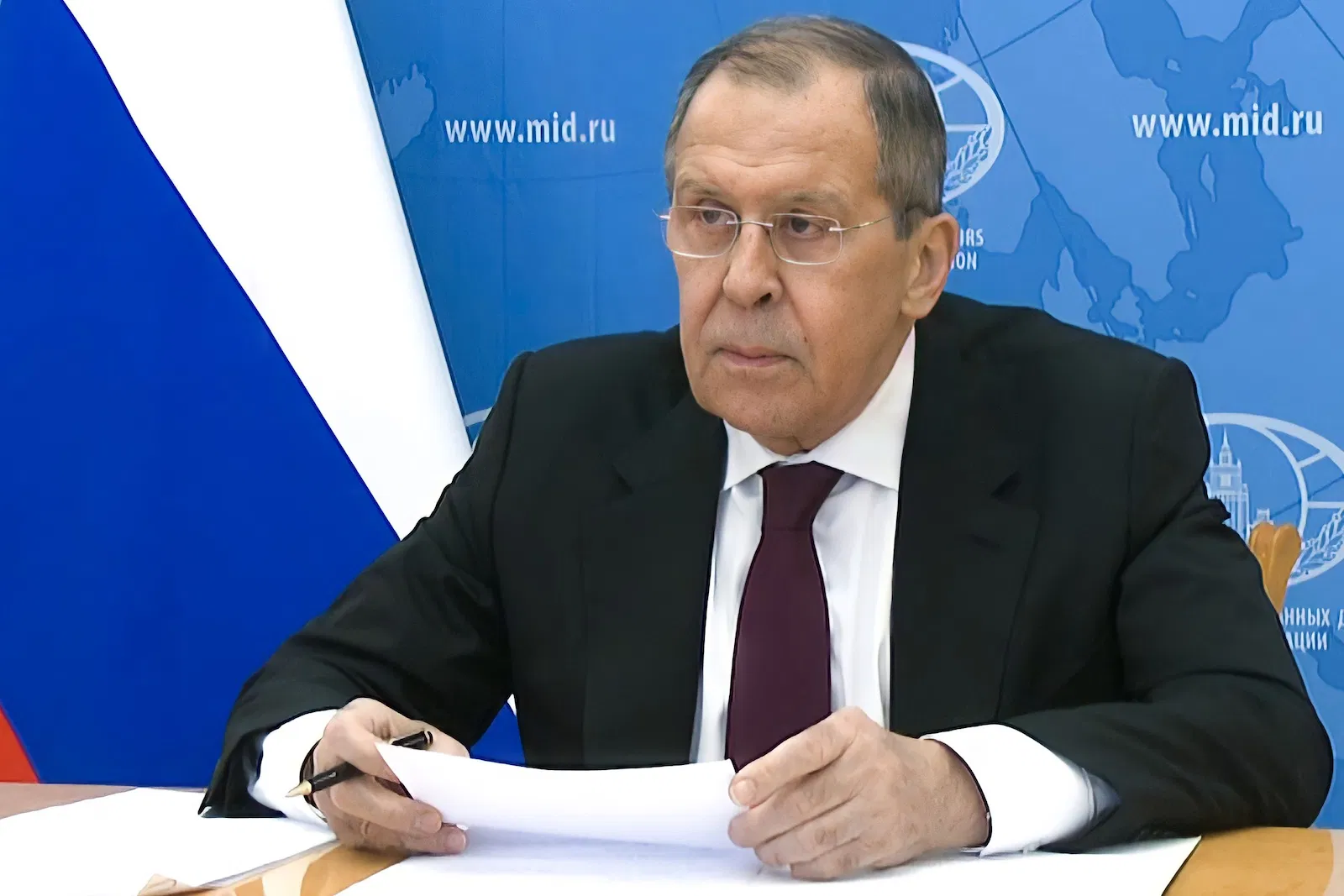
It is later, in one of his interventions, that he unleashes the real bombshell (starting at 1:15:55; in Russian, overdubbed in English): “When the European Union speaks as a superior, Russia wants to know: Can we do any business with Europe?”
He mischievously quotes Schwarzenegger, “who in his movies always said ‘Trust me.’ So I trust Arnold more than the European Union.”
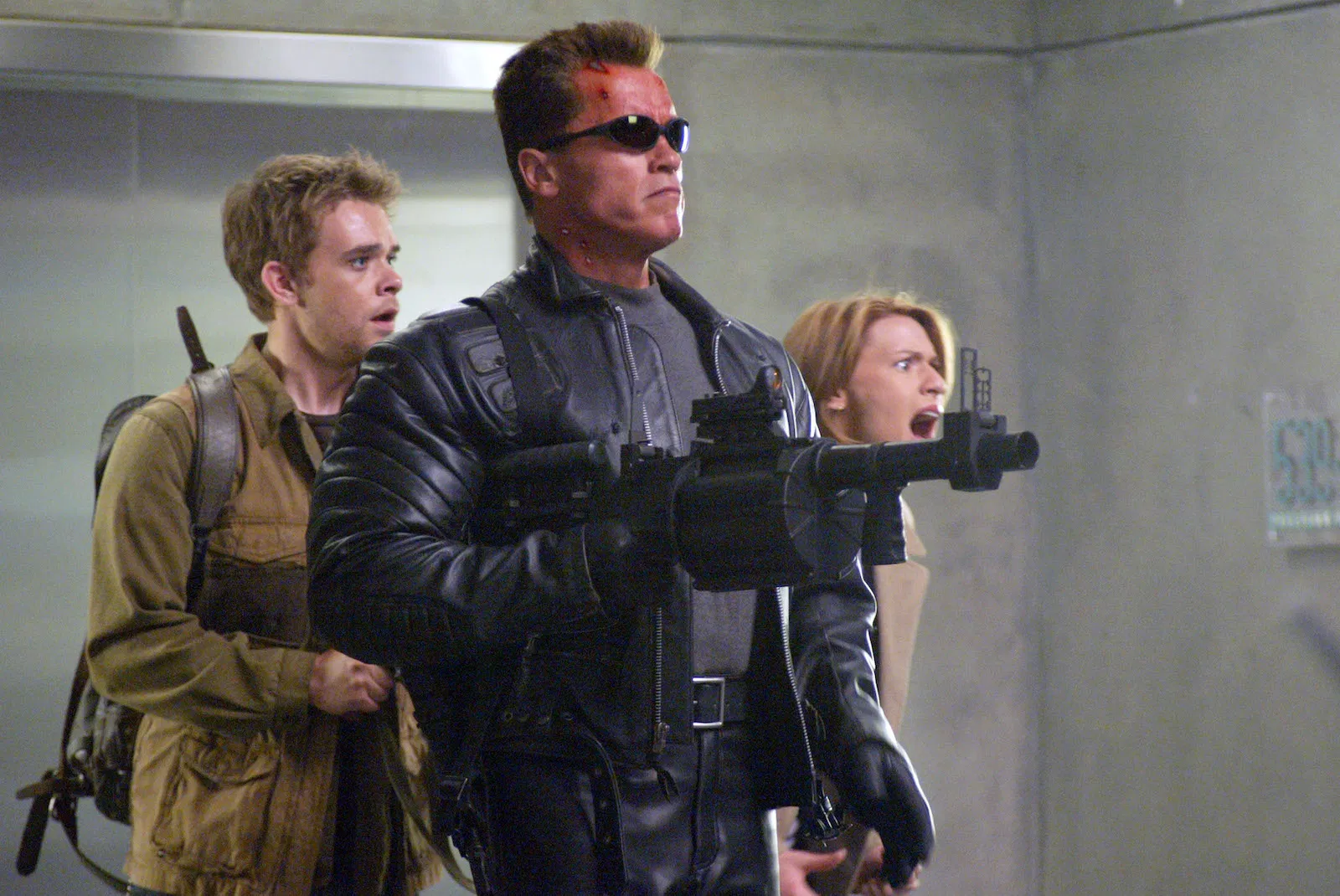
And that leads to the punchline: “The people who are responsible for foreign policy in the West do not understand the necessity of mutual respect in dialogue. And then probably for some time we have to stop talking to them.”
After all, European Commission president Ursula von der Leyen has stated on the record that, for the EU, “there is no geopolitical partnership with modern Russia.”

Lavrov goes even farther in a stunning, wide-ranging interview with Russian radio stations, whose translation deserves to be carefully read in full. Here is just one of the most crucial snippets:
Lavrov: “No matter what we do, the West will try to hobble and restrain us, and undermine our efforts in the economy, politics and technology. These are all elements of one approach.”
Question: “Their national security strategy states that they will do so?”
Lavrov: “Of course it does, but it is articulated in a way that decent people can still let go unnoticed, but it is being implemented in a manner that is nothing short of outrageous.”
Question: “You, too, can articulate things in a way that is different from what you would really like to say, correct?”
Lavrov: “It’s the other way round. I can use the language I’m not usually using to get the point across. However, they clearly want to throw us off balance, and not only by direct attacks on Russia in all possible and conceivable spheres by way of unscrupulous competition, illegitimate sanctions and the like, but also by unbalancing the situation near our borders, thus preventing us from focusing on creative activities. Nevertheless, regardless of the human instincts and the temptations to respond in the same vein, I’m convinced that we must abide by international law.”
Moscow stands unconditionally by international law – in contrast with the proverbial “rules of the liberal international order” jargon that is parroted by NATO and its minions such as the Atlantic Council.
And here it is all over again, a report exhorting NATO to “Ramp up on Russia,” blasting Moscow’s “aggressive disinformation and propaganda campaigns against the West, and unchecked adventurism in the Middle East, Africa and Afghanistan.”
The Atlantic Council insists that those pesky Russians have once again defied “the international community, by using an illegal chemical weapon to poison opposition leader Alexei Navalny. NATO’s failure to halt Russia’s aggressive behavior puts the future of the liberal international order at risk.”
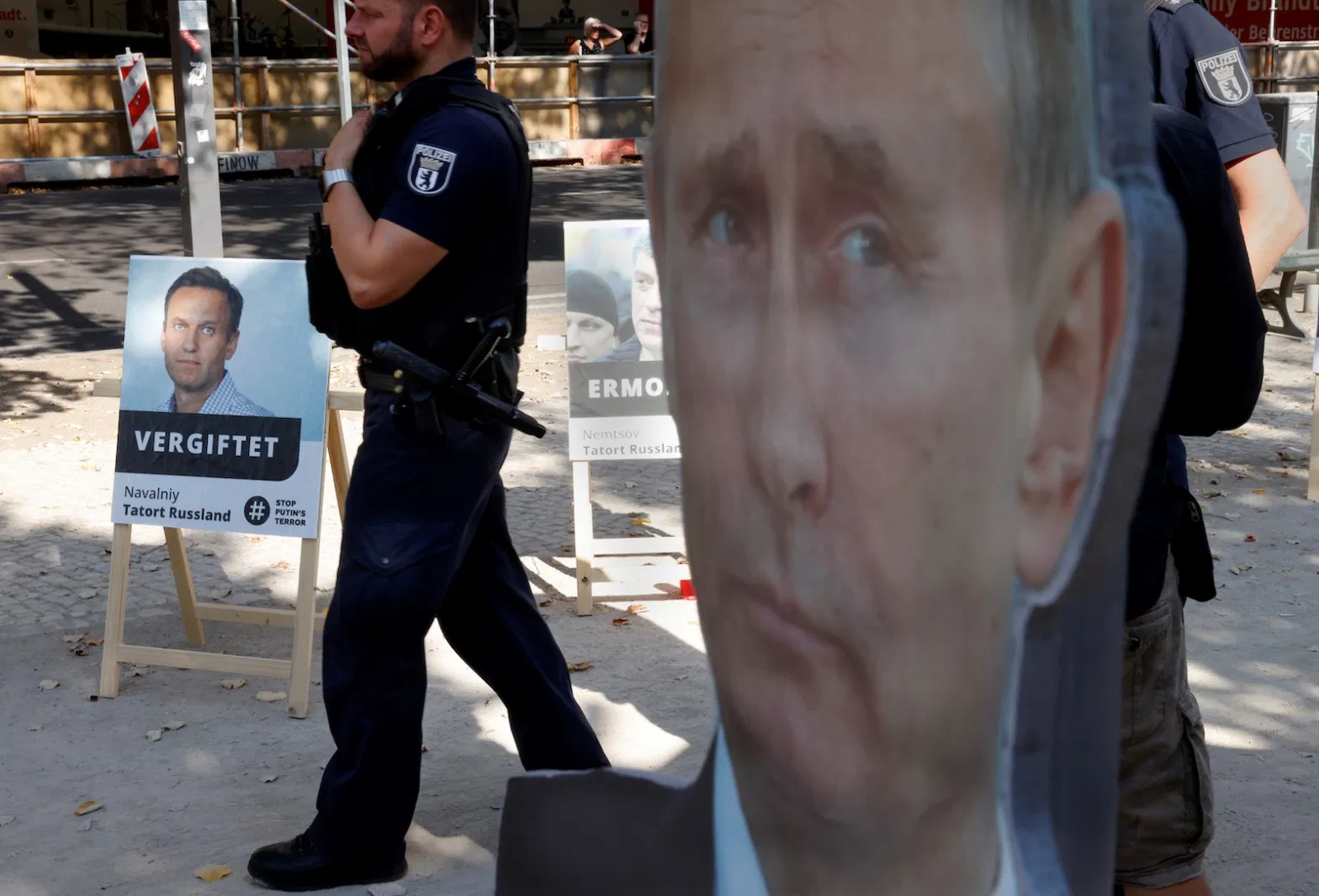
Only fools falling for the blind-leading-the-blind syndrome don’t know that these liberal order “rules” are set by the hegemon alone, and can be changed in a flash according to the hegemon’s whims.
So it’s no wonder that a running joke in Moscow is: “If you don’t listen to Lavrov, you will listen to Shoigu.” Sergey Shoigu is Russia’s minister of defense, supervising those hypersonic weapons that the US military-industrial complex can only dream about.
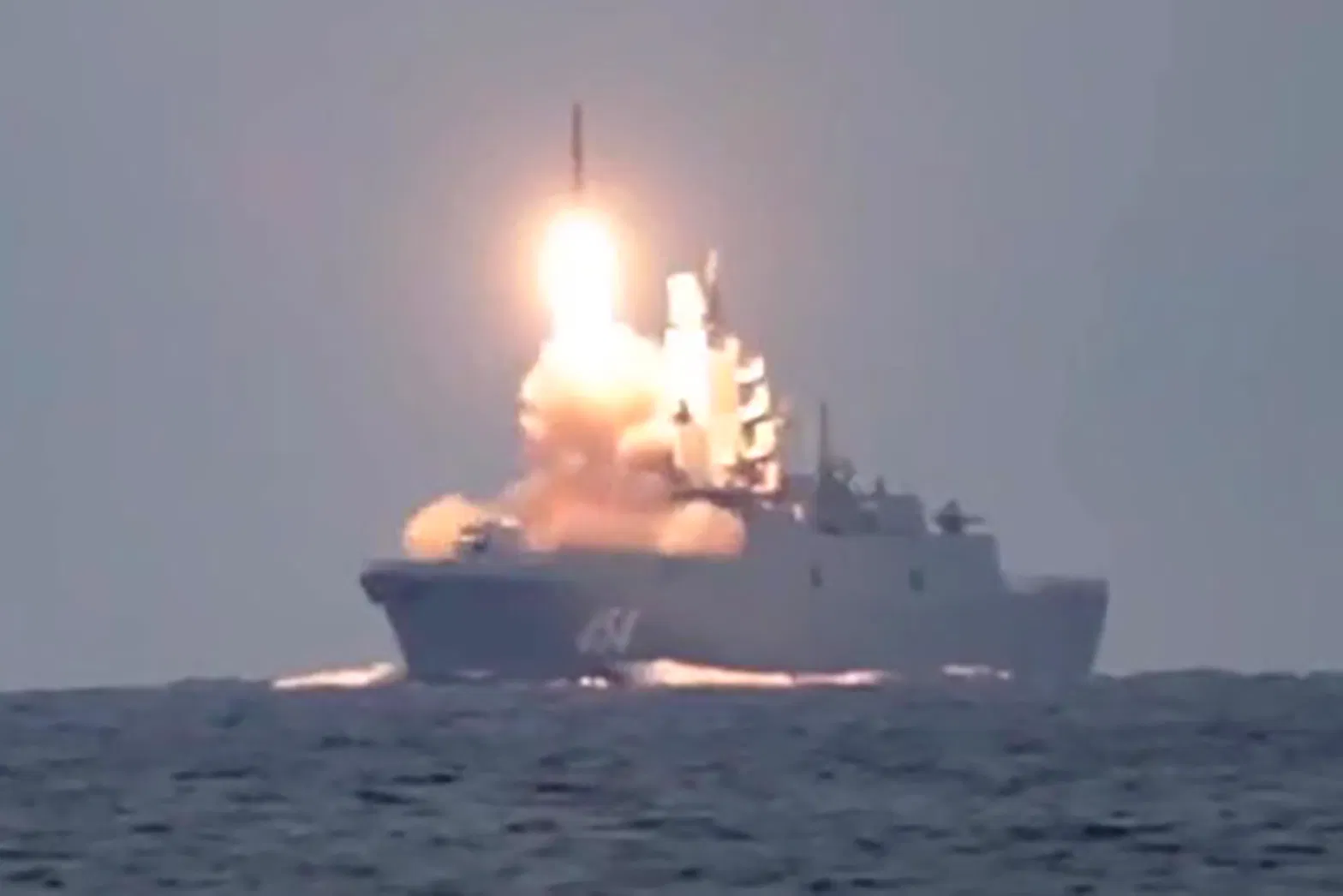
The crucial point is that, even with so much NATO-engendered hysteria, Moscow could not give a damn thanks to its de facto military supremacy. And that freaks Washington and Brussels out even more.
What’s left are hybrid war eruptions following the RAND Corporation-prescribed non-stop harassment and “unbalancing” of Russia, in Belarus, the southern Caucasus and Kyrgyzstan – complete with sanctions on Lukashenko and on Kremlin officials for the alleged Navalny poisoning.
‘Don’t negotiate with monkeys’
What Lavrov has just made quite explicit was a long time in the making. “Modern Russia” and the EU were born almost at the same time. On a personal note, I experienced it in an extraordinary fashion.
“Modern Russia” was born in December 1991 – when I was on the road in India, then Nepal and China. When I arrived in Moscow via the Trans-Siberian in February 1992, the USSR was no more. And then, flying back to Paris, I arrived in a European Union born in that same February.
One of Valdai’s leaders correctly argues that the daring concept of a “Europe stretching from Lisbon to Vladivostok” put forth by Gorbachev in 1989, right before the collapse of the USSR, unfortunately “had no document or agreement to back it up.”
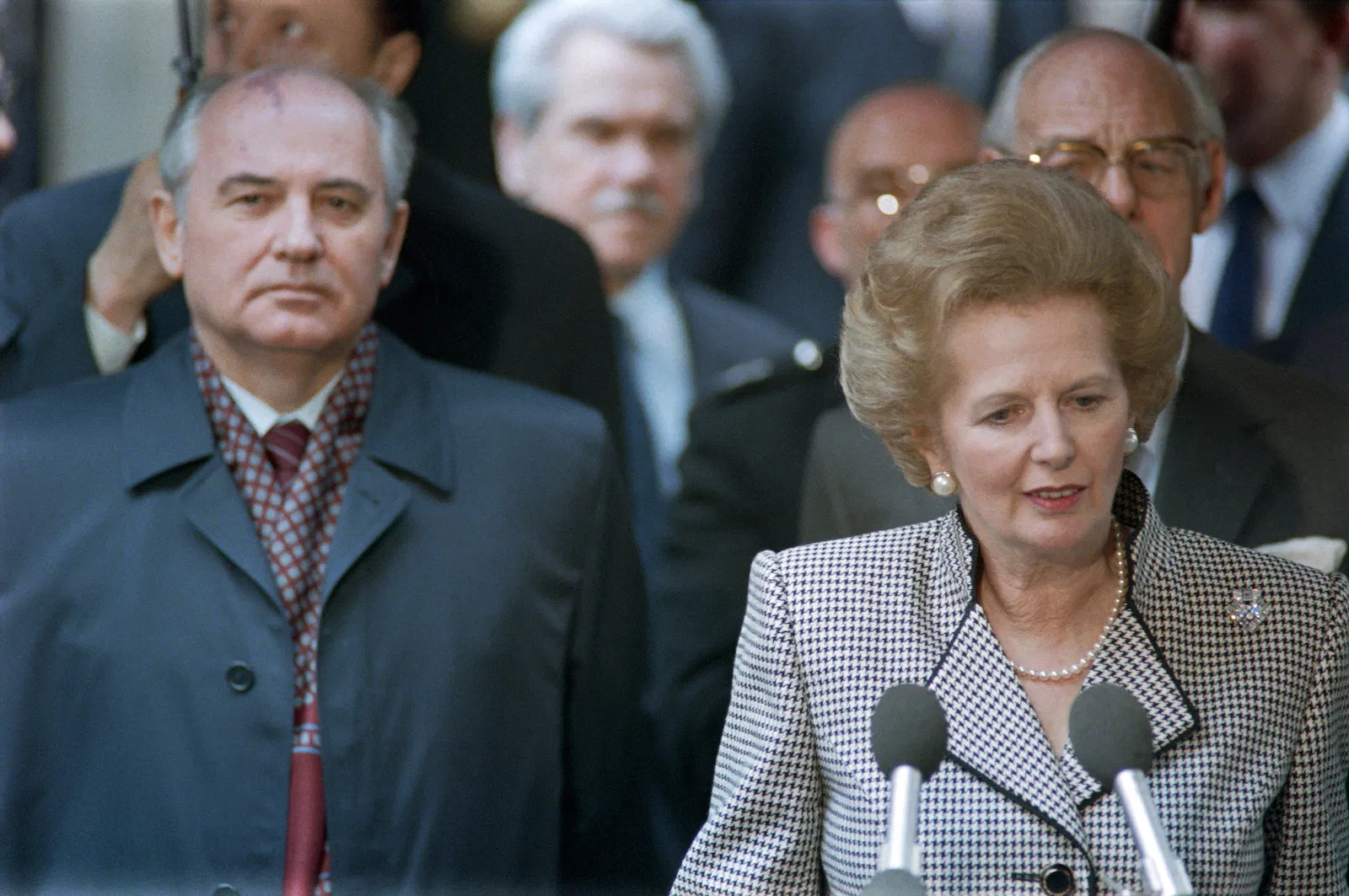
And yes, “Putin searched diligently for an opportunity to implement the partnership with the EU and to further rapprochement. This continued from 2001 until as late as 2006.”
We all remember when Putin, in 2010, proposed exactly the same concept, a common house from Lisbon to Vladivostok, and was flatly rebuffed by the EU. It’s very important to remember that this was four years before the Chinese would finalize their own concept of the New Silk Roads.
Afterward, the only way was down. The final Russia-EU summit took place in Brussels in January 2014 – an eternity ago in politics.
The intellectual firepower gathered at the Valdai is very much aware that the Iron Curtain 2.0 between Russia and the EU simply won’t disappear.
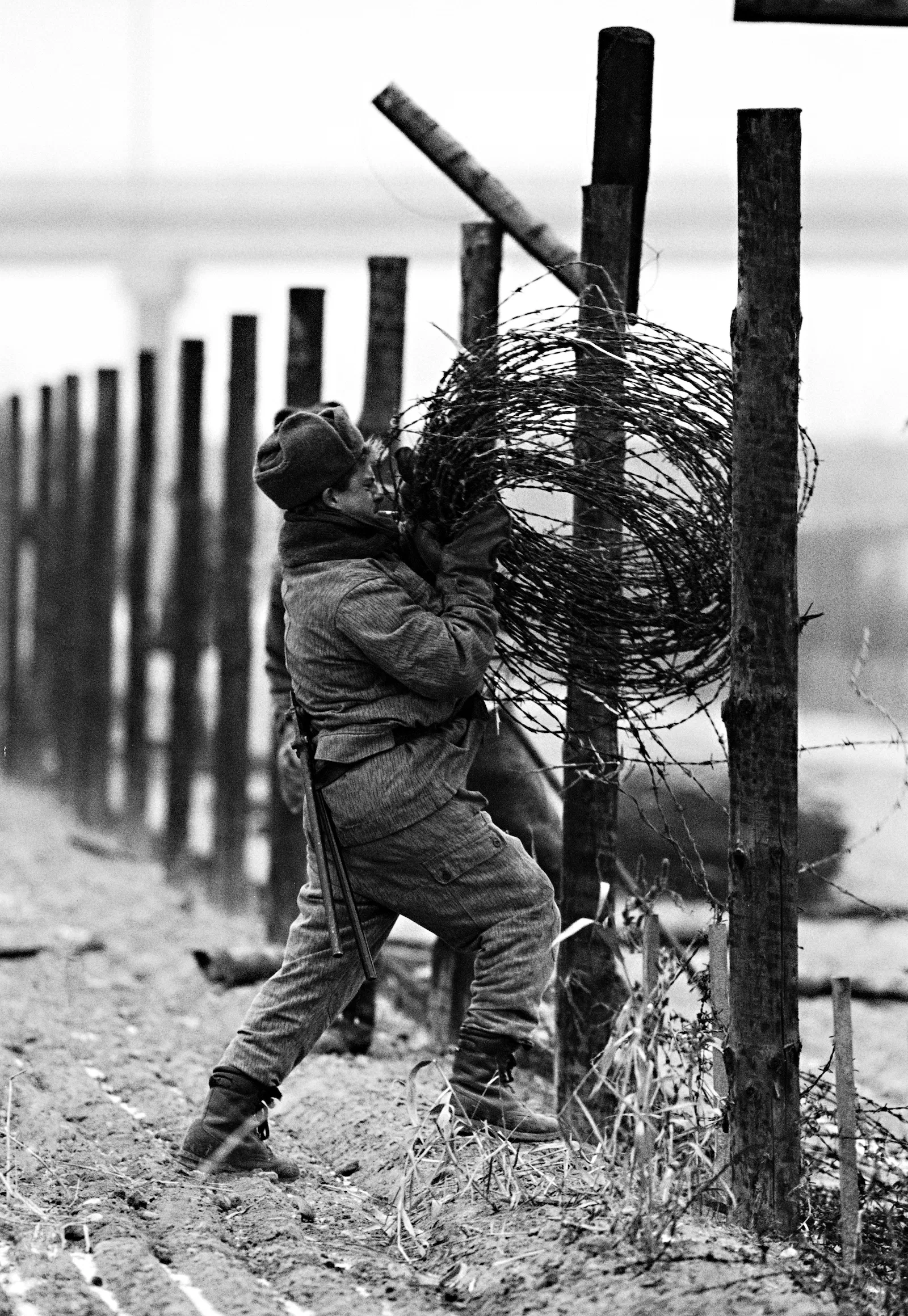
And all this while the IMF, The Economist and even that Thucydides fallacy proponent admit that China is already, in fact, the world’s top economy.
Russia and China share an enormously long border. They are engaged in a complex, multi-vector “comprehensive strategic partnership.” That did not develop because the estrangement between Russia and the EU/NATO forced Moscow to pivot East, but mostly because the alliance between the world’s neighboring top economic power and top military power makes total Eurasian sense – geopolitically and geoeconomically.
And that totally corroborates Lieven’s diagnosis of the end of “250 years of Anglo-American predominance.”
It was up to that inestimably smart military analyst Andrey Martyanov, whose latest book I reviewed as a must-read, to come up with the utmost deliciously devastating assessment of Lavrov’s “We had enough” moment:
Any professional discussion between Lavrov and amateurs such as the EU’s von der Leyen or Germany’s Foreign Minister Maas, who is a lawyer and a party worm of German politics, is a waste of time. Western “elites” and “intellectuals” are simply on a different, much lower level, said Lavrov.
They want to have their Navalny as their toy – let them.
I call on Russia to start wrapping economic activity up with the EU for a long time. They buy Russia’s hydrocarbons and high tech, fine. Other than that, any other activity should be dramatically reduced and the necessity of the Iron Curtain must not be doubted anymore.
As much as Washington is not “agreement-capable,” in the words of President Putin, the same goes for the EU, says Lavrov: “We should stop trying to orient ourselves toward European partners, stop trying to care about their assessments.”
Not only Russia knows it: the overwhelming majority of the Global South also knows it.